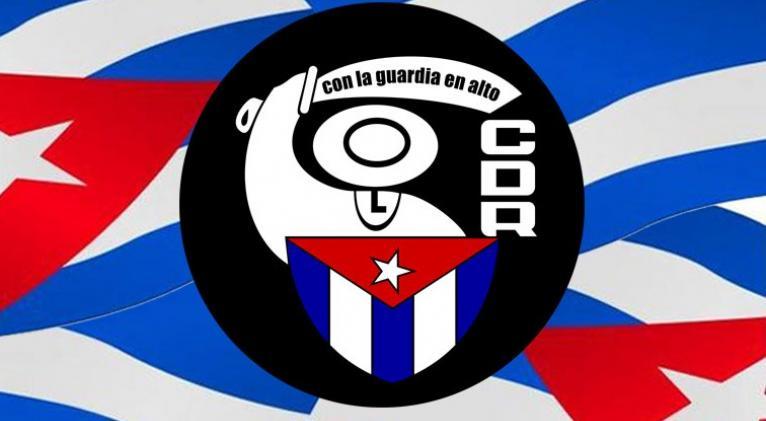EDITORIAL: The CDRs on their Anniversary
especiales

The Committees for the Defense of the Revolution (CDR) celebrate their 64th anniversary this September 28. It’s appropriate to highlight the validity of an organization that has known how to adapt to the times without losing its essence. Since its founding in 1960, the CDRs have been deeply linked to the daily life of Cubans, becoming a key force in the defense and consolidation of the revolutionary project. Today they continue to be a fundamental structure for the mobilization of neighborhoods.
The community continues to be the main core of the defense of a social project, and the CDRs play a key role in this regard. In Cuban neighborhoods there’s much to do, and the committees, together with other mass organizations, are called upon to mobilize their members to address priority tasks. Among these, the following stand out: collective surveillance against crimes, cooperation in sanitation and beautification activities, as well as the organization of blood donation campaigns, in which their contribution has been irreplaceable.
One of the greatest challenges today is to strengthen the bonds of solidarity and cohesion in communities. The CDRs can be a space for neighborhood socialization, where the sense of belonging is fostered and the needs of vulnerable families are identified from the ground up. In this context, it’s essential that the organization strengthen its capacity to act proactively, always in coordination with other institutions and social organizations, so that no sector of the population is left unattended.
The spirit that inspired the founding of CDRs, with Commander in Chief Fidel Castro up front, remains relevant, even though circumstances have changed. The need for unity, vigilance, and active participation in community affairs is as relevant today as it was in the early years of the Revolution. This legacy remains alive in each committee, in each neighborhood, where neighbors continue to work for the common good.
The example of Fidel Castro remains a guide for the organization. His vision of a participatory, united society committed to revolutionary ideals continues to be the driving force behind the CDRs. In every act of solidarity, in every community project, in every gesture of commitment, this founding impulse is reflected.
As times change, the CDRs must adapt. Current challenges require an active and renewed organization, which continues to be a pillar in the construction of a more inclusive, supportive Cuba, committed to the values the Revolution has defended since its beginnings.














Add new comment